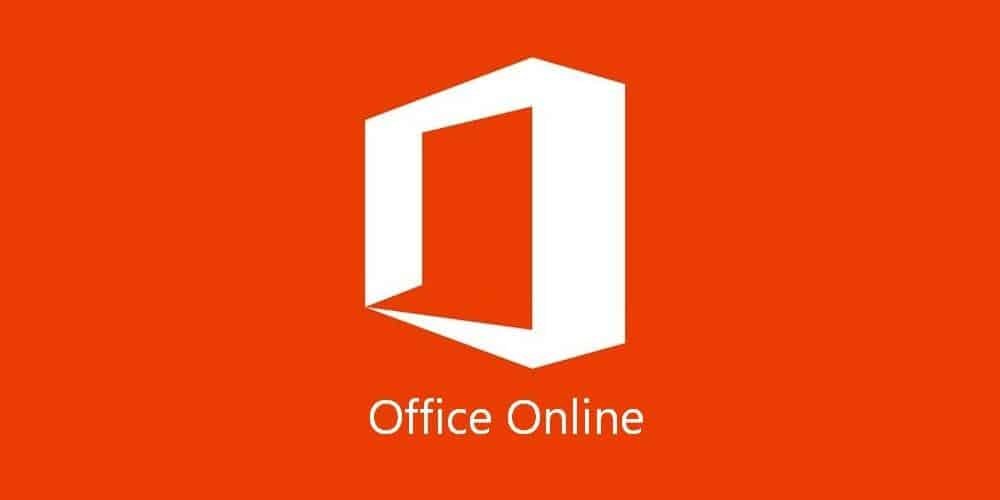Microsoft announced yesterday that it has decided to rename Office Online, the suite of Office Web applications in Office. So applications like Word Online or Excel Online will simply be called Word or Excel.
Microsoft seems to change the names of its products, and especially those that are available in more than one platforms. As we mentioned in a previous publication, the company plans to change the name of Windows Defender in Microsoft Defender. So renaming Office Online to "simple" Office seems to follow the same logic.

According to this approach, the official product name previously referred to as "Office Online" will now be simply "Office". We also stopped using the "Online" signal with each of the applications, so that "Word Online" now became "Word", "Excel Online" now became "Excel", etc.
Microsoft of course knows that the terms Word, Excel or Office can refer to many products. To avoid confusion, he revealed that he plans to use descriptive names when referring to a specific one version of Office, such as Office Online.
It can use the term "Office for the web" or similar terms as it currently does using Office for Windows and Office for Android.
In general, the term Office refers to an entire family of Office products, e.g. Office for the dianetwork, as well as for desktop versions, or versions for mobile devices.
The name change could make things more confusing for users and customers if Microsoft fails to make a proper differentiation between products.
______________________
- Hack Right EU plan to convert black to white hat hackers
- Game Mods: Official support comes in Windows 10
- Huawei: White House & Technology Companies Discuss Foreclosure
- Microsoft Defender why change name?





